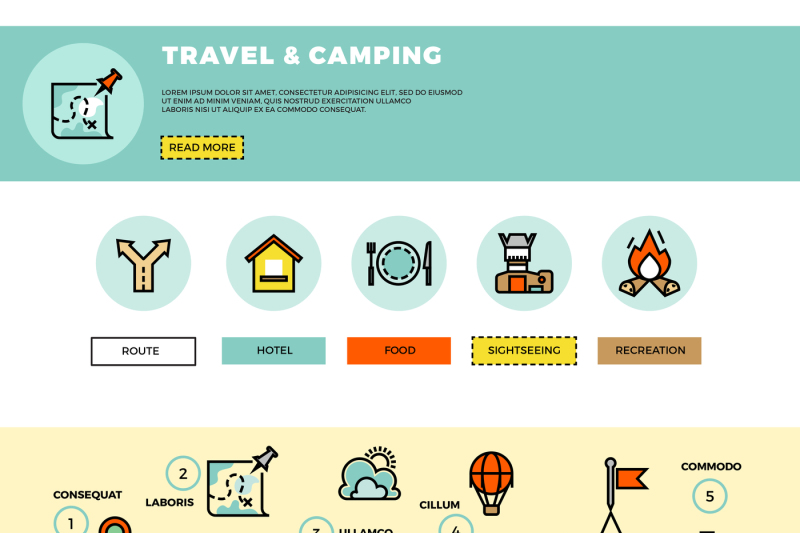Top best camping toilets Secrets
Top best camping toilets Secrets
Blog Article
Safety And Security Factors To Consider for Family Members Camping Tents
Safe and fun camping trips are possible for the entire household when every person follows fundamental safety guidelines. Teach children to respect wild animals and all-natural things, constantly maintain a first-aid package with plenty of burn cream available, and be gotten ready for unexpected situations by investigating the camping area, weather condition patterns, and geographical attributes.
Why canvas tents can keep water out during rain?
Select the Right Outdoor Tents
Parents who camp understand that the appropriate tent can make or break an outdoor camping trip. The camping tent you pick should be durable sufficient to withstand the harsh therapy that kids and canines can provide. It needs to additionally be simple to set up, with attributes like color-coded poles and quick-clip systems.
You need to also think about the dimension and ability of the outdoor tents you wish to buy. Try to find a floor location and optimal elevation that can fit the number of individuals in your household, plus extra room to minimize crowding or claustrophobia.
When selecting a camping site, survey the location for risks, such as animal burrows, poisonous plants and rough drop-offs. It's also a great idea to select a website that provides some kind of security attributes, such as boundary secure fencing and nighttime camping site patrols.
Tent Arrangement
When setting up camp, find a level location that is big sufficient to comfortably fit your camping tent and any other elements you're preparing for, such as a fire pit. Clear away any kind of debris like sticks or stones and keep an eye out for potential dangers, such as sloping pitches that can cause you to roll around throughout the night and rainfall swimming pools in concave areas.
If it's gusty, place your camping tent so the side with the toughest pole structure encounters the wind to decrease the chance of it blowing via and triggering injury or damage. When possible, select a website that is likewise shielded by all-natural barriers to decrease wind and rainfall risks. You might also intend to put down a tarpaulin somewhat smaller than your camping tent floor to maintain it dry.
Outdoor tents Storage
Lots of outdoors tents are created with vents and flaps that urge air flow. However, you must always maintain flammable things like clothes and resting bags far from these openings to avoid fire hazards. Ventilation is also essential to decrease smoke and carbon monoxide gas build-up, which are significant wellness threats.
Never ever rest directly on the ground and instruct children to stay clear of it. This avoids tripping and falling injuries, as well as insect bites.
Instruct youngsters to always check for risks before entering their tents, such as loose rocks or tree limbs that could fall during a storm. It's additionally an excellent concept to get to the camping site prior to nightfall to make establishing camp less complicated and more secure. This additionally provides you a possibility to identify any kind of prospective concerns, like serpents or toxic plants.
Camping tent Weather condition
There are couple of points much more satisfying than nice tent relaxing a campfire toasting gooey s'mores under a star-filled sky. However before you pitch your tent, make sure your family members has the ideal resting equipment and comprehends how to properly use a campfire.
Outdoors tents can additionally be impacted by weather, such as rain and wind. Wind can change the stress on the tent, loosening ratchet settings up and drawing scout of the ground. Rainfall can trigger camping tents to leak.
Search for tents that supply excellent ventilation and minimize condensation (moisture that normally develops from your body's breath). Think about bringing a tarp in case of rainfall. And constantly leave your tent if there are lightning strikes close by.
Camping tent Safety
Outdoors tents that don't comply with fire and life security demands are a fire risk. Moreover, saving combustible materials like wood, gas canisters, and lp within the camping tent can trigger them to overheat and even blow up. To minimize these threats, they need to be saved outside the outdoor tents protected by a sturdy tarpaulin.
Fire threats additionally arise from improper use and storage space of cooktops. Stoves that aren't appropriately vented can release carbon monoxide gas, a dangerous toxic gas.
Tent tethers and risks can produce trip hazards in sidewalks and paths. To reduce these threats, event organizers ought to consider utilizing visible weights on tethers, setting up tether cleats, or utilizing safety cones around risk lines. Furthermore, they need to make certain that exits are not obstructed by home furnishings, camping tent walls, or various other structures.
How do you clean a canvas teepee?
